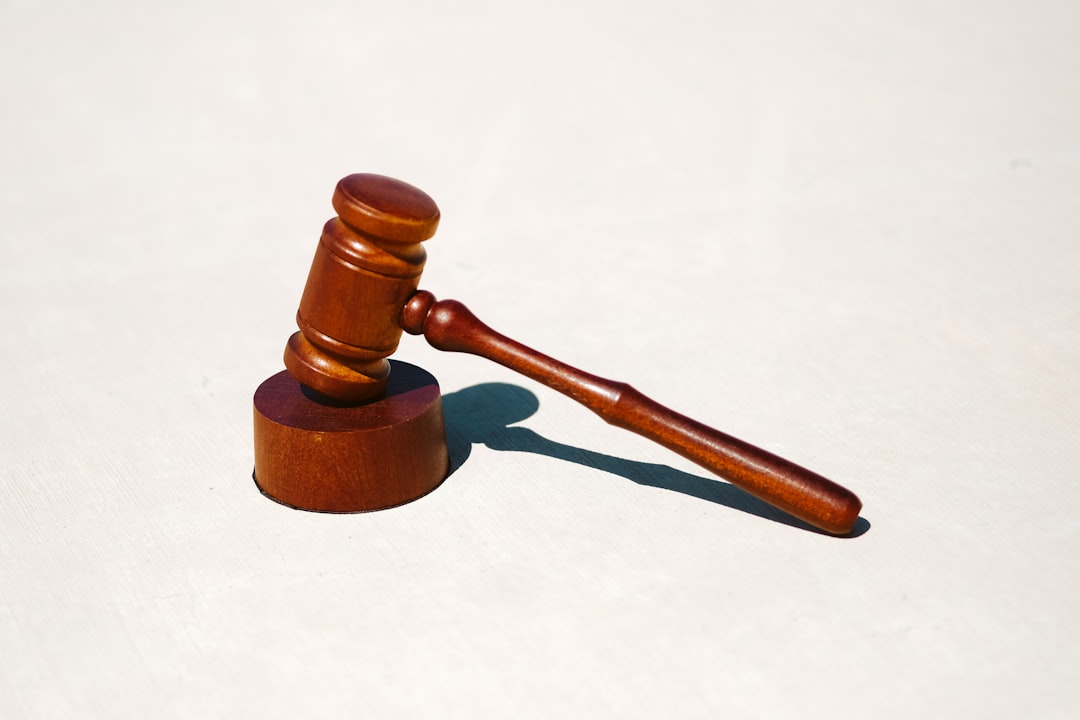In New York City, strict debt collector laws protect individuals from unfair practices during debt recovery. These regulations govern communication methods, fees, and overall handling of debts, ensuring transparency, fairness, and respect for debtors' rights. Debt collectors must provide clear information about the debt and avoid abusive or harassing tactics. Consumers are entitled to validate debts, request payment plans, and challenge excessive interest charges, while creators of payment plans must adhere to written agreements clearly outlining terms and responsibilities. Non-compliance invites legal action and penalties, with debtors having the right to dispute claims and file complaints with authorities like the New York State Attorney General's Office and Consumer Financial Protection Bureau (CFPB).
“Navigating the complex landscape of NYC debt collection laws is essential for both consumers and businesses. This article serves as a comprehensive guide, shedding light on critical aspects such as consumer rights, payment plan procedures, and potential consequences. Understanding these rules is pivotal for ensuring fair practices by debt collectors in New York City.
We’ll explore how to create an affordable payment plan, protect your rights, and avoid severe repercussions in case of non-compliance, offering valuable insights into the city’s debt collection regulations.”
Understanding Debt Collection Laws in NYC

In New York City, understanding and adhering to debt collection laws is paramount for both consumers and debt collectors alike. The city has stringent regulations in place to protect individuals from aggressive or unfair practices during debt recovery processes. These rules are designed to ensure transparency, fairness, and respect for debtors’ rights.
Debt collector laws in NYC govern various aspects of the debt collection process, including communication methods, fees, and the overall handling of debts. For instance, collectors must provide clear and accurate information about the debt, the original creditor, and the legal basis for the collection effort. They are also restricted from using abusive, harassing, or deceptive tactics, such as threatening language or false statements. These laws aim to strike a balance between protecting debtors from exploitation and enabling creditors to recover their debts fairly.
Consumer Rights and Protections

In New York City, consumer rights and protections regarding debt collection are strictly regulated by state laws. According to these laws, debt collectors must adhere to specific guidelines when contacting consumers about outstanding debts. They are prohibited from using abusive or harassment tactics, such as repeated calls at inconvenient hours or threatening language. Additionally, collectors must provide clear and accurate information about the debt, including the amount owed and the name of the original creditor.
Consumers have the right to request validation of the debt, meaning they can ask for proof that the debt is indeed theirs and that it is legitimate. They are also entitled to a payment plan or arrangements for settling the debt without facing excessive interest charges or unjust practices. The NYC debt collector laws ensure fairness and transparency in these situations, empowering consumers with the knowledge that their rights are protected against predatory collection methods.
Creating a Payment Plan: Process and Requirements

In New York City, creating a payment plan for debt collection is governed by specific laws designed to protect consumers. The process typically involves an initial meeting or communication between the debtor and the debt collector where the need for a plan is discussed. Both parties must agree on the terms of the plan, which can include adjusting the amount owed, setting up regular payments, and establishing a timeline for full repayment.
According to NYC debt collection laws, the payment plan must be in writing and clearly outline each party’s responsibilities. Debtors should receive a detailed breakdown of their outstanding balance, the proposed monthly payments, and any penalties or interest rates associated with late payments. Adhering to these guidelines ensures a fair and transparent process, enabling debtors to manage their debts effectively while debt collectors maintain compliance with local regulations.
Enforcement and Consequences of Non-Compliance

In New York City, debt collectors must adhere to strict regulations set by both state and local laws. Failure to comply with these rules can result in severe consequences for collectors and their agencies. The NYC debt collection payment plan guidelines are designed to protect consumers from abusive or unfair practices, ensuring fair and transparent interactions between debtors and collectors.
Non-compliance with these laws can lead to legal action against the debt collector or agency. Debtors have the right to dispute invalid or inaccurate claims, and non-compliance with valid disputes can incur penalties. Additionally, if a collector threatens, harasses, or uses deceptive practices to collect a debt, individuals may file complaints with the New York State Attorney General’s Office and the Consumer Financial Protection Bureau (CFPB). These agencies investigate such complaints and can issue substantial fines to debt collectors who violate NYC debt collection laws.






